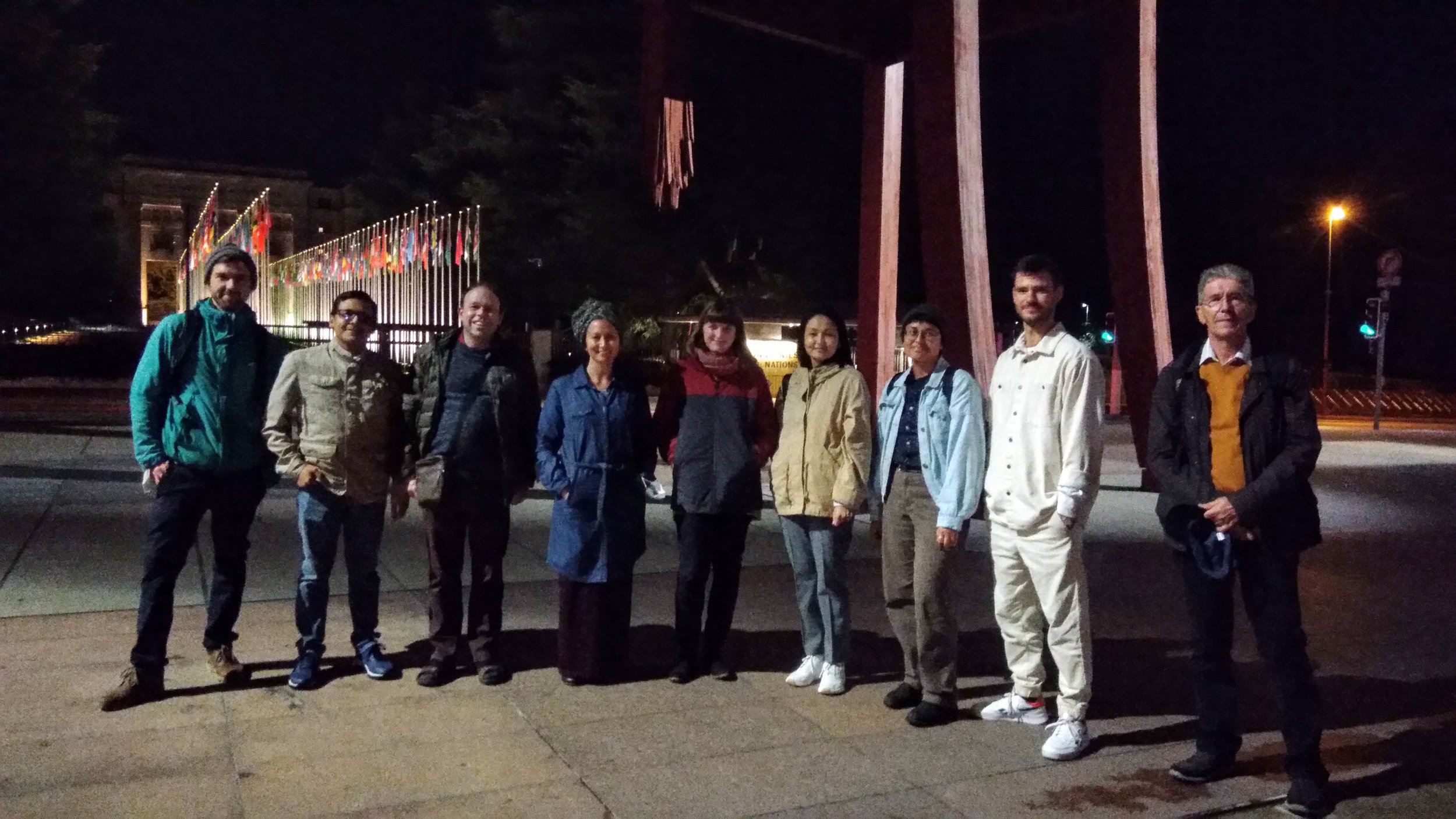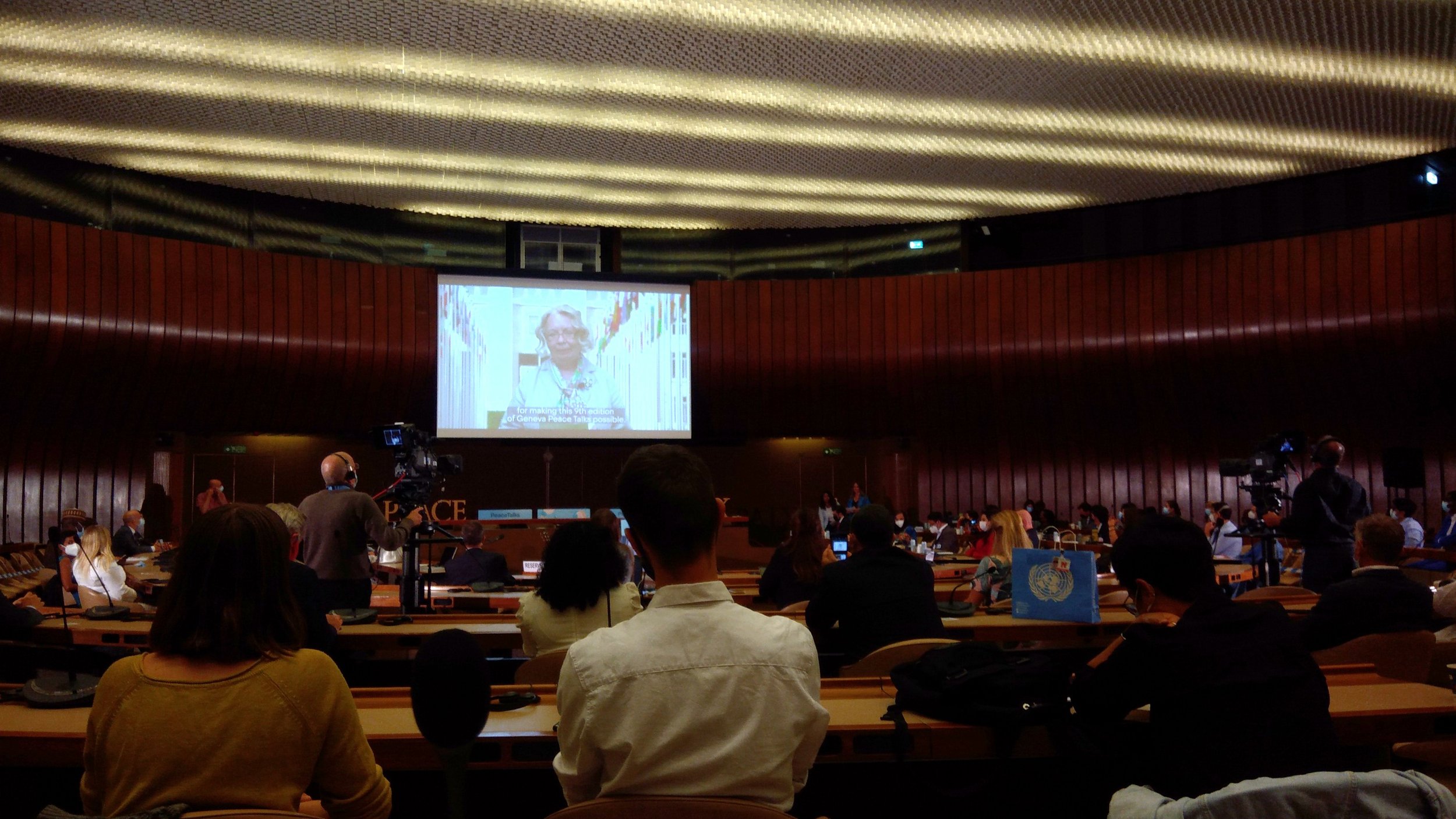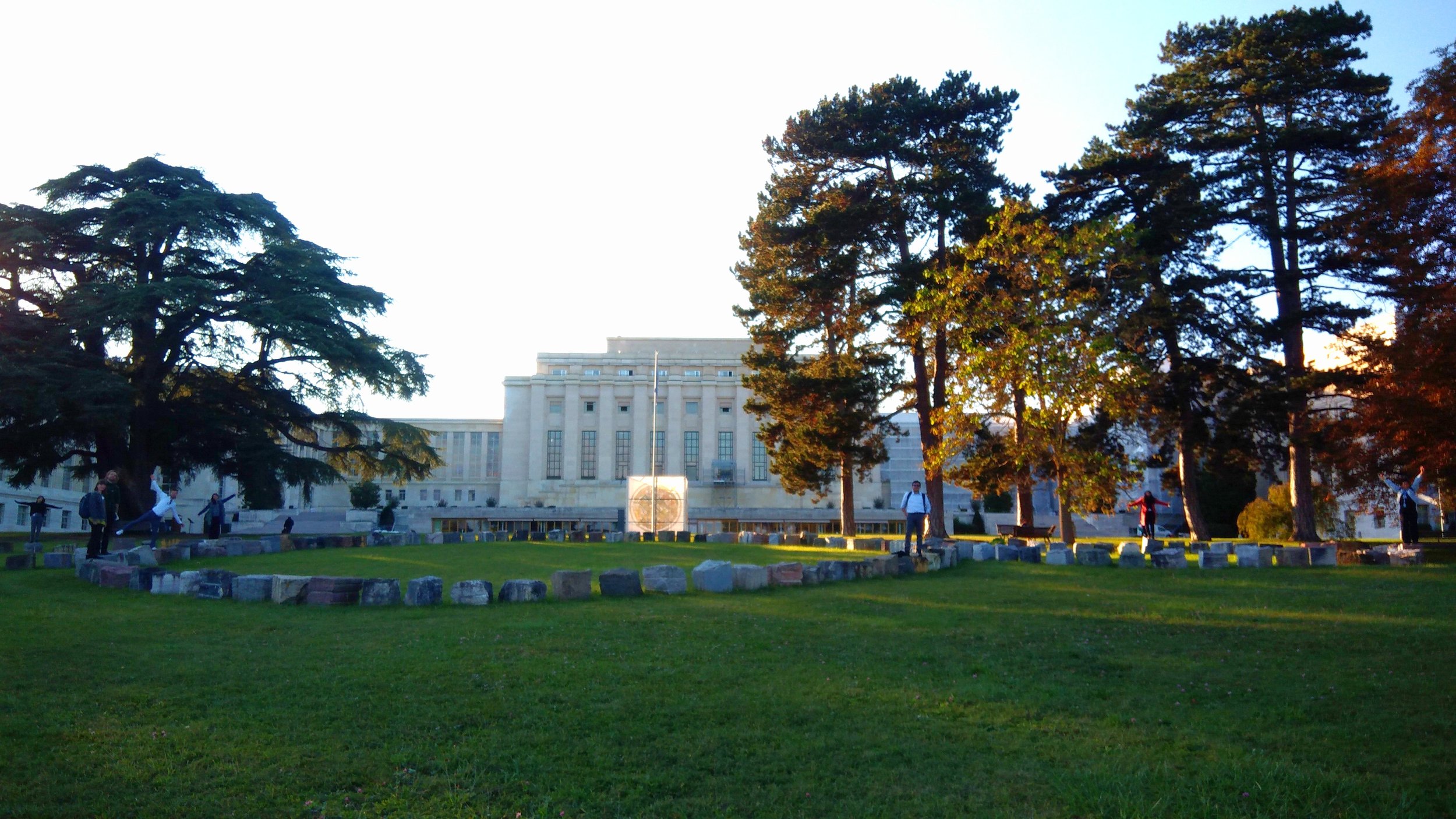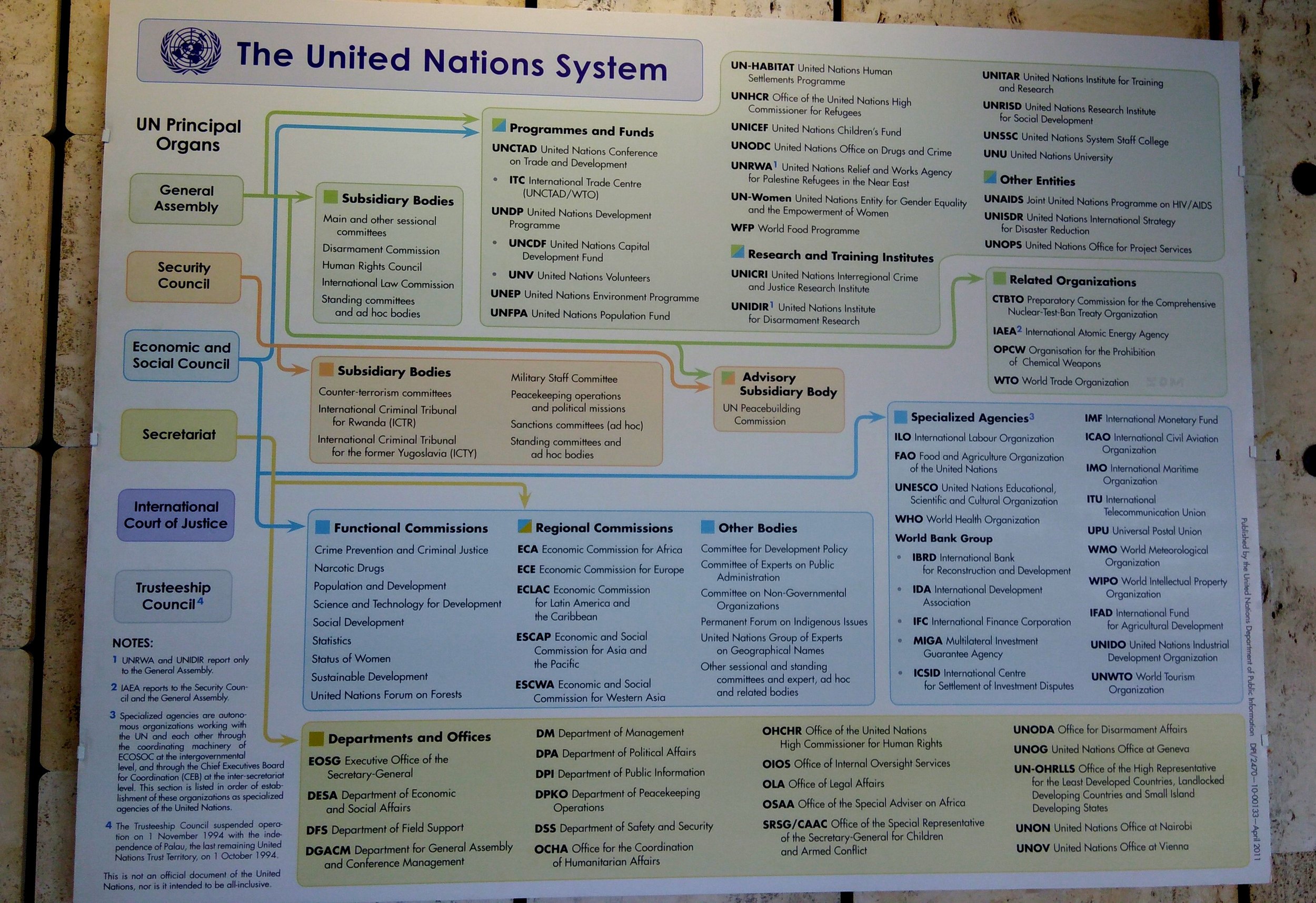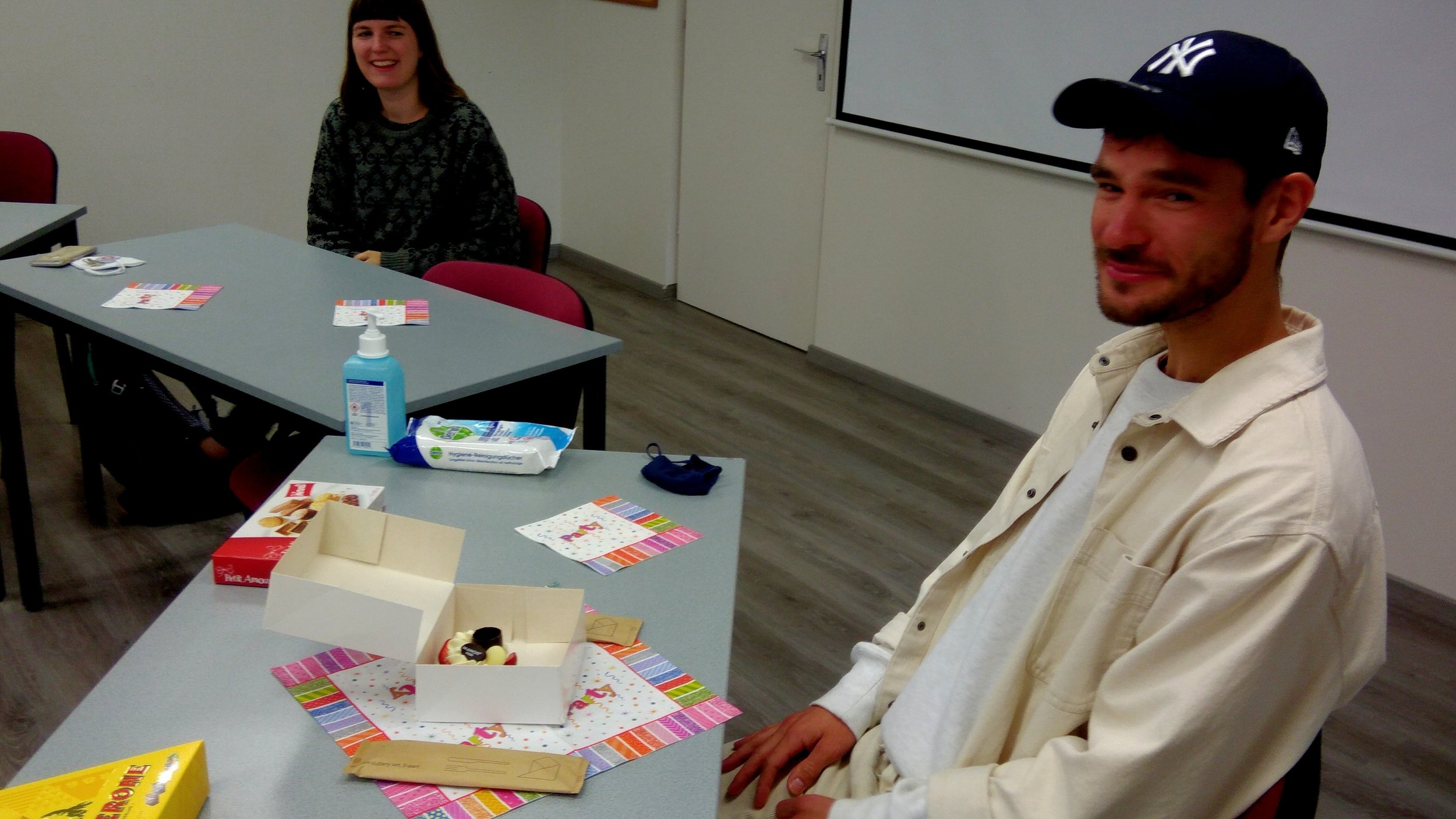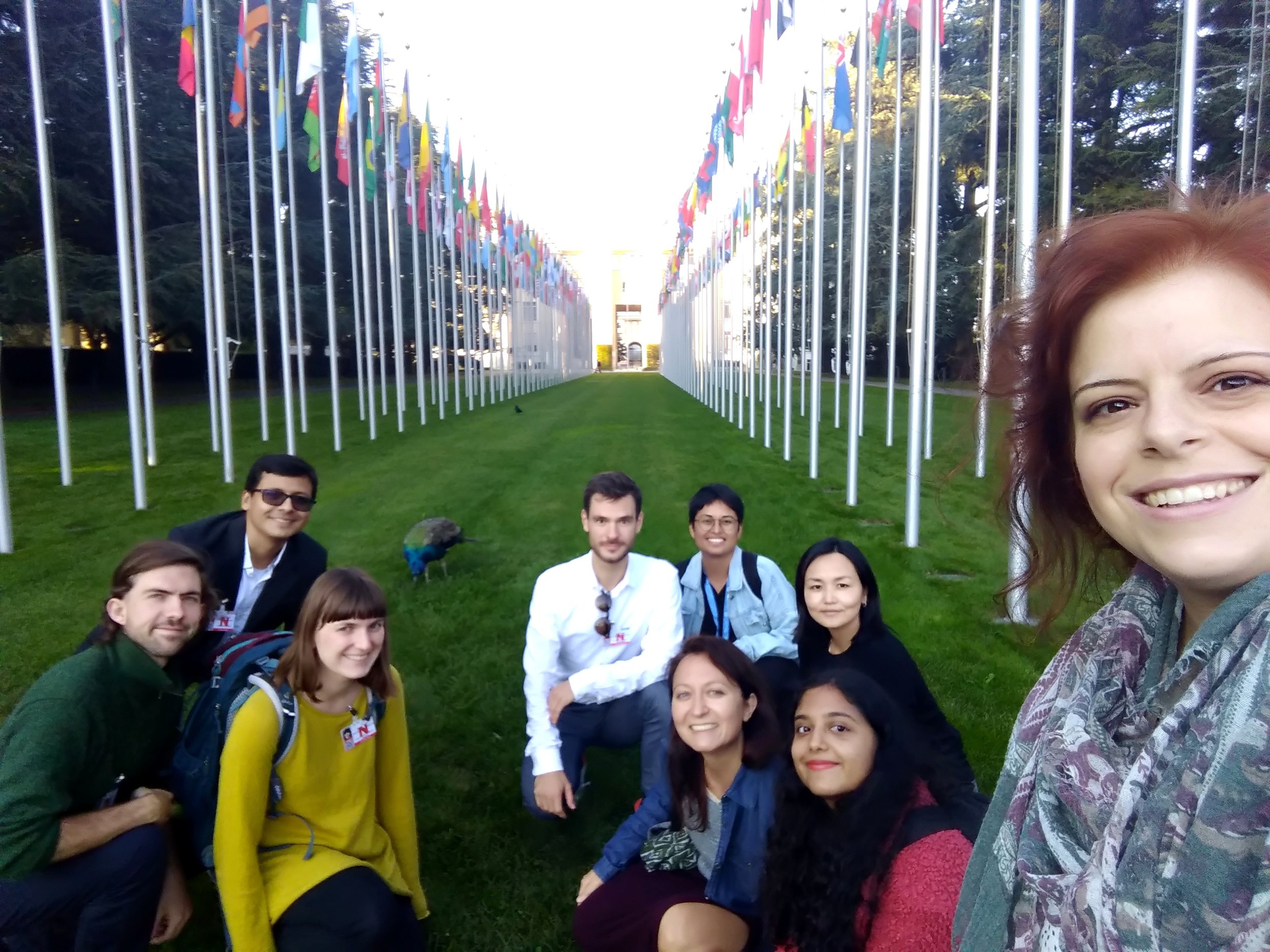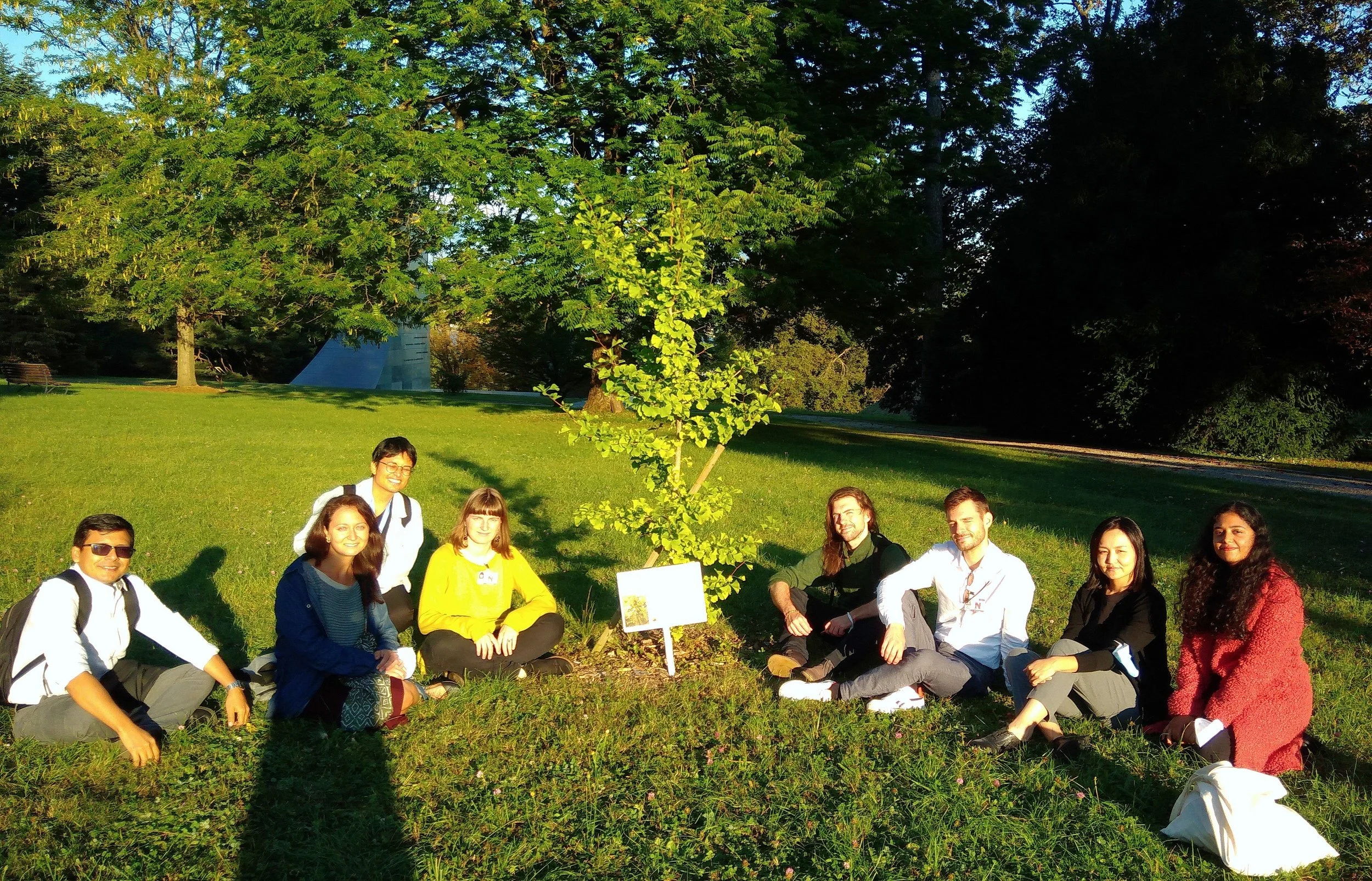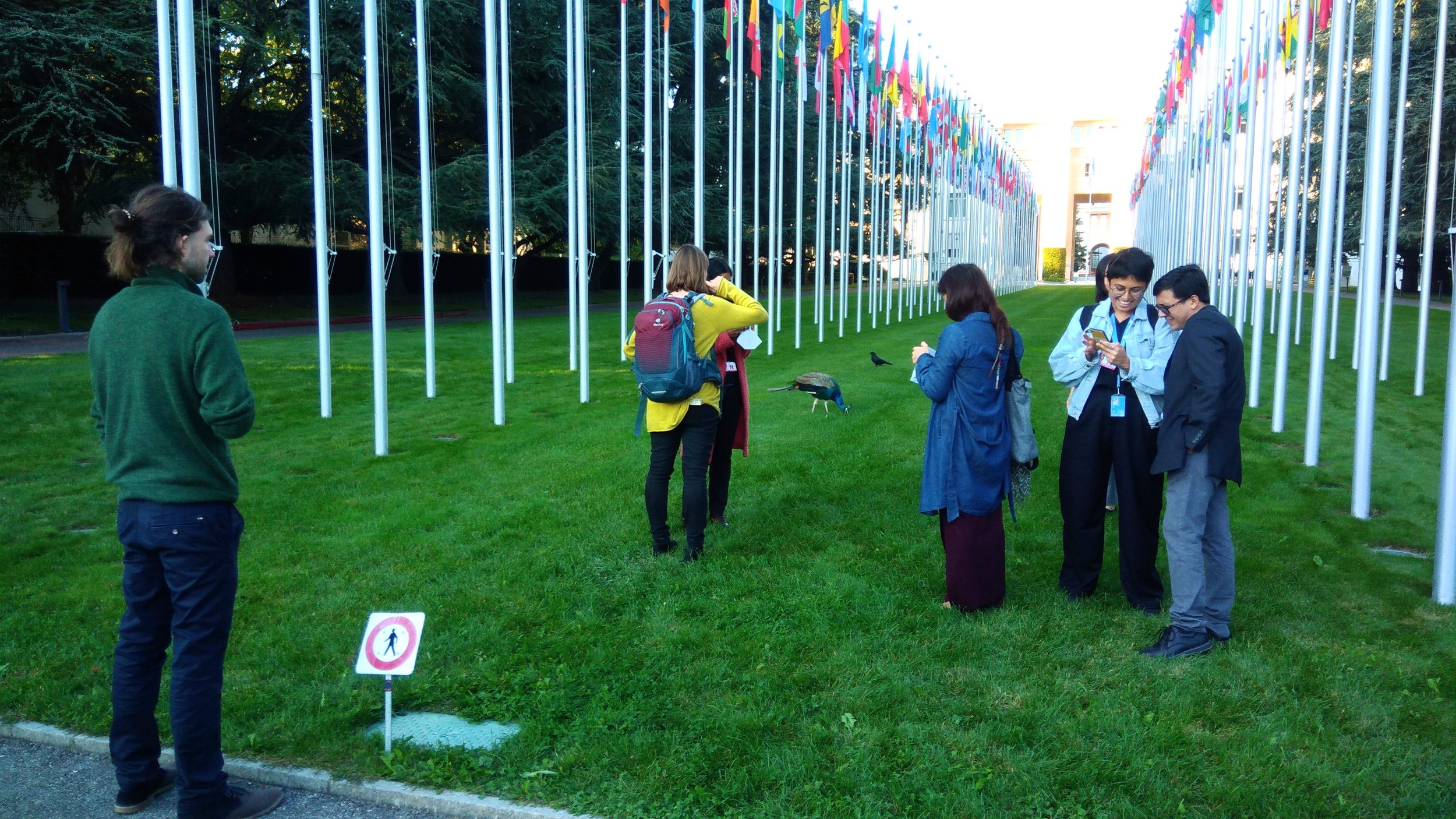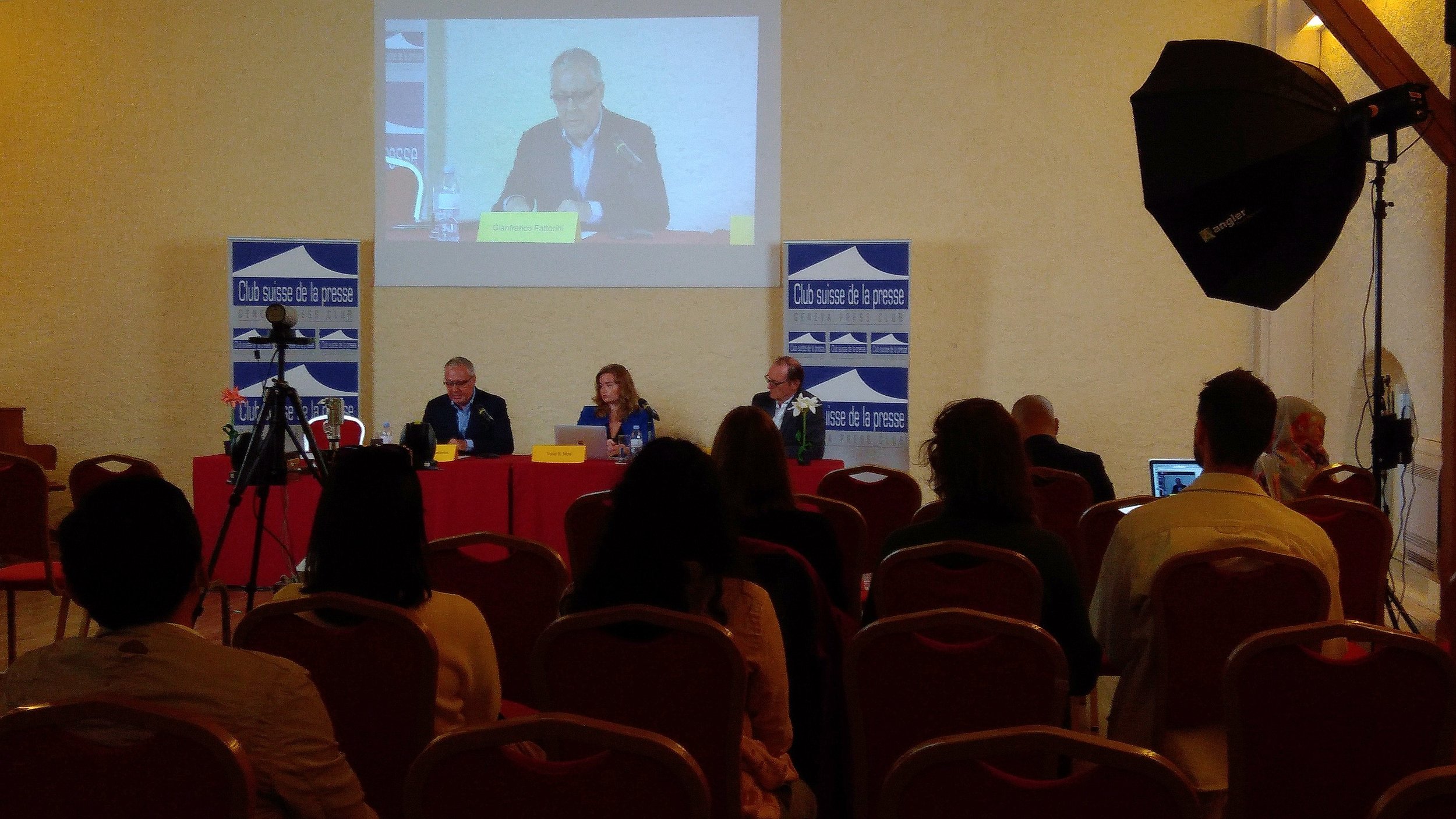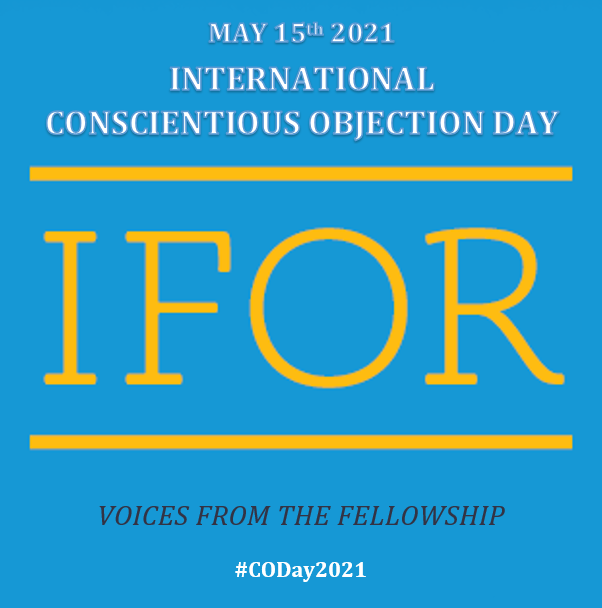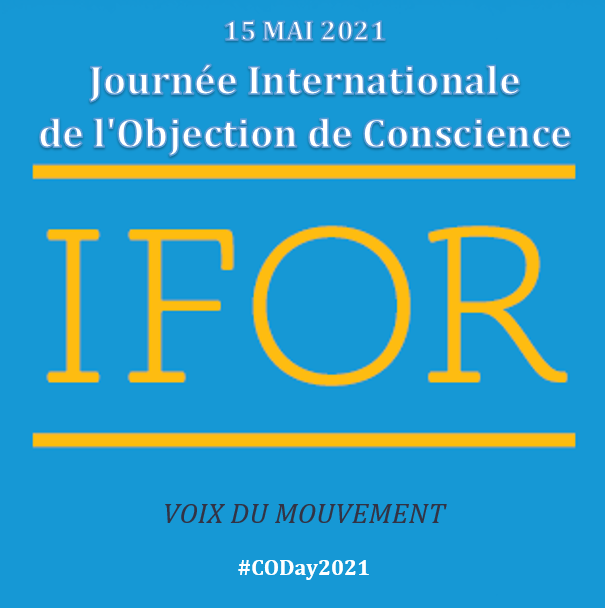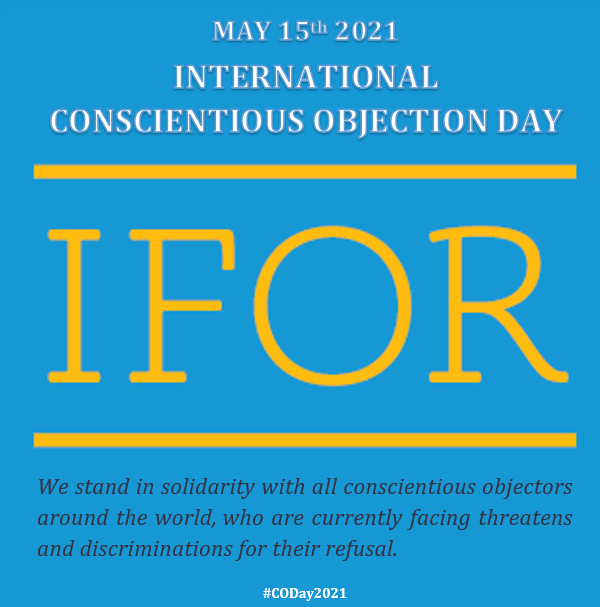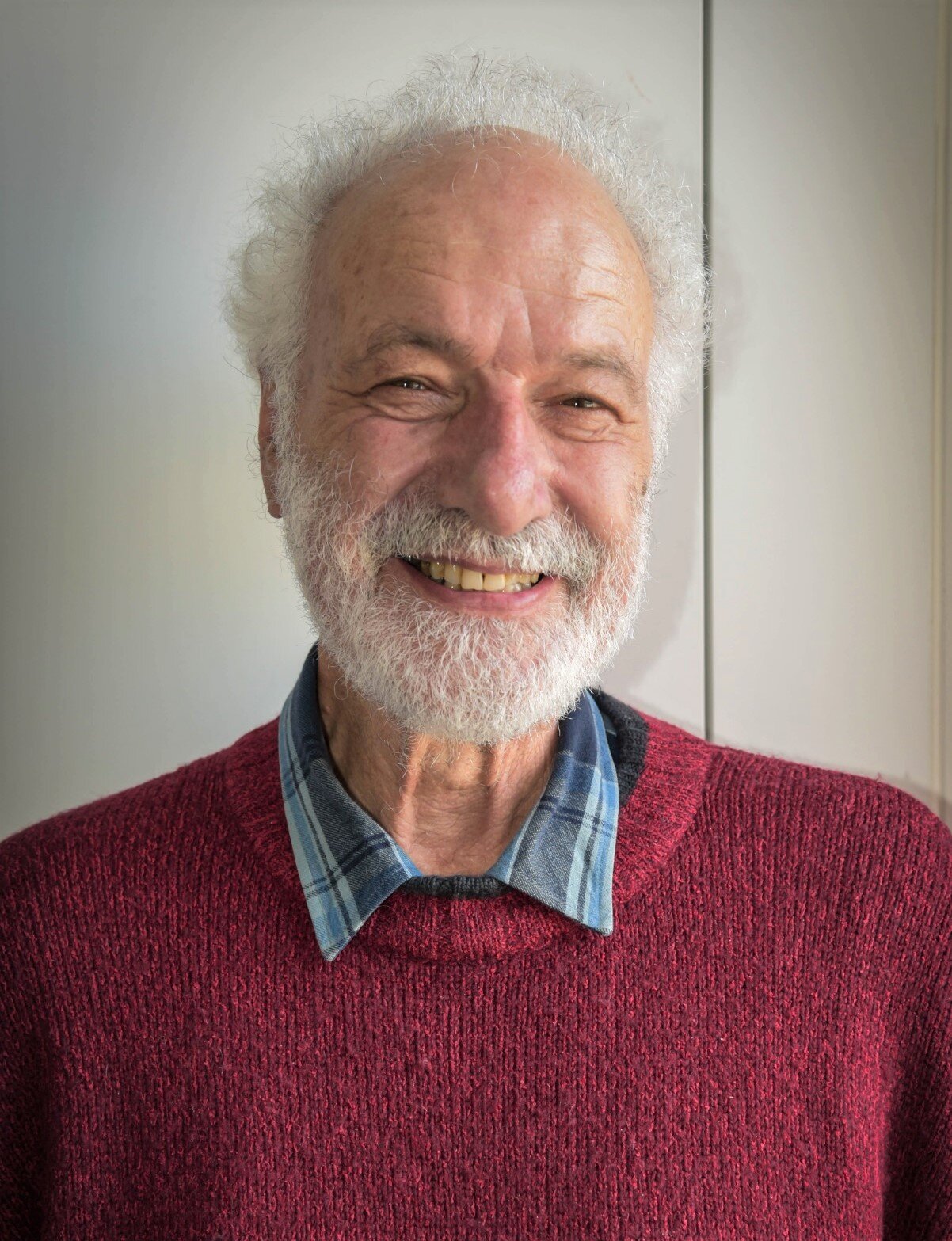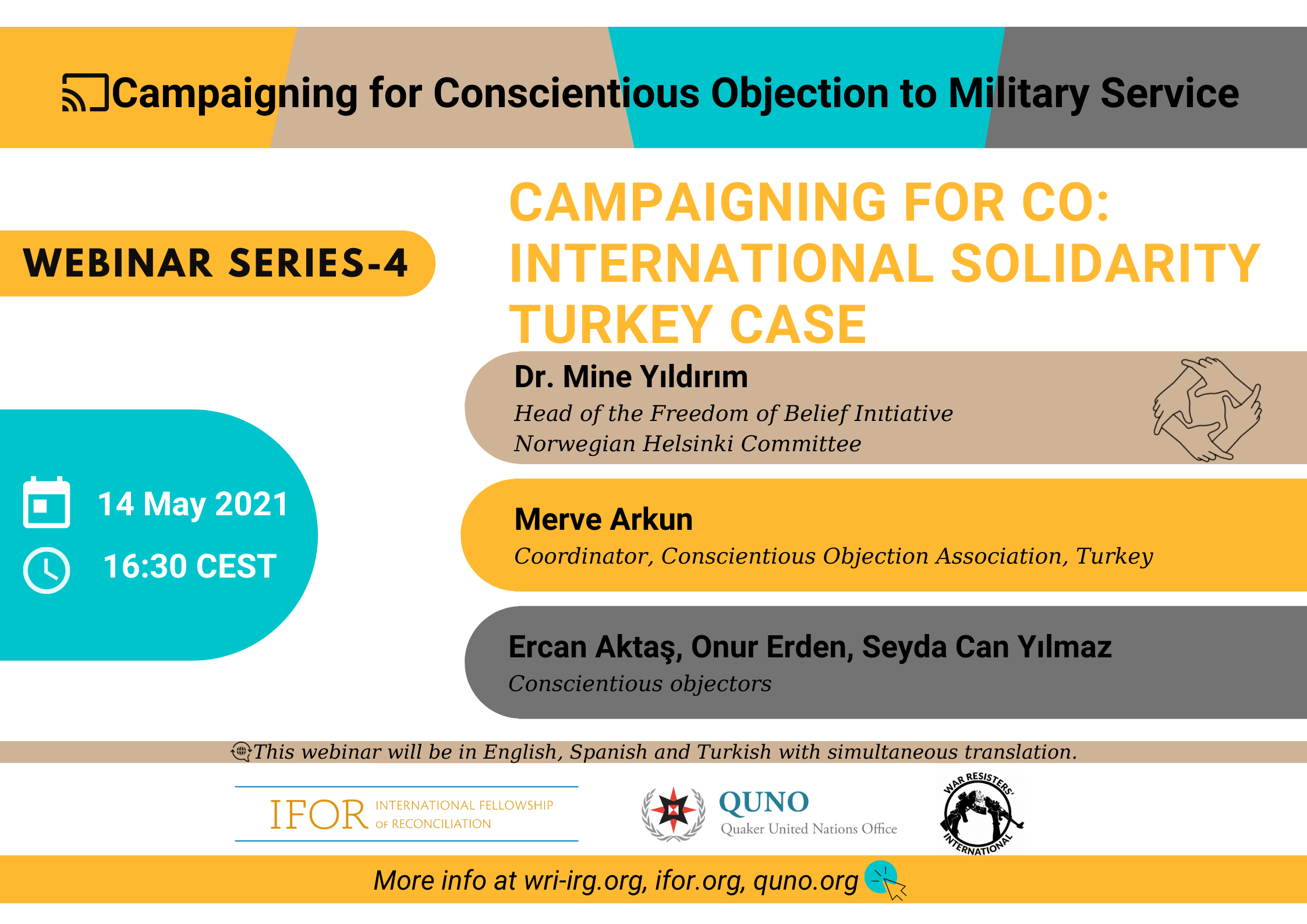desplácese hacia abajo para español
5 Years of the Peace Agreement in Colombia: The Support of the International Community is Crucial for its Implementation
November 24th, 2021
Today marks the 5th anniversary of the Peace Agreement between the Colombian Government and the Revolutionary Armed Forces of Colombia – People’s Army (FARC-EP), which was a real moment of hope in a very dramatic context. After decades of violent conflict, the Colombian people, alongside the entire world, long for a peaceful Colombia and, above all, justice, truth and non-repetition. This should as well include demilitarization of the territory and a permanent end to illegal practices in the military recruitment process, such as the so-called “batidas”. 1
The final report from the Commission for the Clarification of Truth, Coexistence and Non-Repetition, which will be published next year, is a milestone. Despite some progress, however, implementation of the Peace Agreement is slower than expected. The Comptroller General of Colombia noted that at the current rate, the treaty will not be fully implemented until 2047.2 After five years, a mere fraction of the objectives has been achieved, while prominent supporters of the extinct guerrilla group are once again reaching for their weapons.
Without exception, all points of the peace agreement are behind schedule. A distinct lack of progress has been made with the Comprehensive Rural Reform in particular, where the annual implementation rate in key aspects such as in land formalization is below 30% of the expected result, and land distribution for peasants with no or insufficient land lies under 1%. Totally, less than 5% of this chapter has been implemented, although the land tenure issue is one of the main causes of the conflict and should receive special attention.3 In addition, it is of particular alarm the approach to the commitment to substitute the illicit economies, in particular coca, with legal sustainable crops as it is turning into forced eradication, as aerial fumigation with glyphosate is also expected to resume.4
Of particular concern is the increase in violence. Defenders of human rights are being killed at a rate that has not been seen for many years. In the current year, 155 human rights defenders and 44 former guerrilla fighters who signed the peace agreement have already been killed.5 Moreover, since 2016, there has been an alarming increase in massacres; the number of victims tripled last year and in the current year there have already been 88 massacres with 313 deaths.6 It is worth highlighting that the regions prioritized for implementation are the most affected by violence. If the safety of human rights defenders and former FARC-EP members is not guaranteed, the remaining points of the peace agreement will be a minor matter.
IFOR is concerned about the slow implementation of the peace agreement and the escalating violence against people who work on the respect for human rights and calls on the Colombian government to implement the necessary and expected measures. In view of the numerous challenges, IFOR urges the support of the international community, thus the United Nations, the Organization of American States, the European Union -its member states- and other regional governmental institutions to:
Insist on the comprehensive implementation of the Peace Agreement.
Support a negotiated solution to the ongoing conflict between the Colombian Government and the National Liberation Army (ELN).
Support the dismantling of the paramilitary successor groups such as the self-proclaimed “Autodefensas Gaitanistas de Colombia”.
Monitor the delicate security situation of human rights defenders and former FARC-EP members closely and insist in their protect.
1 Contagioradio (2021): https://www.contagioradio.com/acooc-denuncia-regreso-de-batidas-y-reclutamiento-ilegal-del-ejercito-en-bogota/ Colombiainforma (2021) https://www.colombiainforma.info/servicio-militar-obligatorio-en-colombia-una-cadena-de-irregularidades/
2 El Espectador (2021): Al ritmo actual el acuerdo de paz se implementaría en su totalidad hasta 2047
3 Congreso de la República (2021): ¿En qué va la paz? Las cifras de la implementación.
4 AlJazeera (2021): https://www.aljazeera.com/news/2021/9/28/colombia-coca
5Indepaz (2021): Líderes sociales, defensores de DDHH y firmantes de acuerdo asesinados en 2021
6Indepaz (2021): Informe de masacres en Colombia durante el 2020 y 2021
Click here to download the entire statement
If you want to share this statement via facebook, you can do so here!
https://www.facebook.com/InternationalFellowshipofReconciliation/posts/3066603096884875
5 años del Acuerdo de Paz en Colombia:
El Apoyo de la Comunidad Internacional es Crucial para su Implementación
24 de noviembre de 2021
Hoy se cumplen 5 años del Acuerdo de Paz entre el Gobierno colombiano y las Fuerzas Armadas Revolucionarias de Colombia - Ejército del Pueblo (FARC-EP), que fue un verdadero momento de esperanza en un contexto muy dramático.
Después de décadas de conflicto violento, el pueblo colombiano, junto al mundo entero, espera una Colombia en paz y, sobre todo, justicia, verdad y no repetición. Esto debe incluir también la desmilitarización del territorio y el fin permanente de las prácticas ilegales en el proceso de reclutamiento militar, como las conocidas “batidas”.1
El informe final de la Comisión para el Esclarecimiento de la Verdad, la Convivencia y la No repetición, que se publicará el próximo año, es un hito. Sin embargo, a pesar de algunos avances, la implementación del Acuerdo de Paz es más lenta de lo esperado. El Contralor General de Colombia señaló que, al ritmo actual, el tratado se implementará en su totalidad hasta 2047.2 Después de cinco años, apenas se ha logrado una fracción de los objetivos, mientras que destacados partidarios de la extinta guerrilla vuelven a coger las armas.
Sin excepción, todos los puntos del acuerdo de paz están retrasados. En particular, la Reforma Rural Integral no ha avanzado, ya que la tasa de implementación anual en aspectos clave como la formalización de la tierra está por debajo del 30% del resultado esperado, y la distribución de la tierra para los campesinos sin tierra o con tierra insuficiente está por debajo del 1%. En total, se ha implementado menos del 5% de este capítulo, a pesar de que la cuestión de la tenencia de la tierra es una de las principales causas del conflicto y debería recibir una atención especial. 3
Además, es especialmente alarmante el planteamiento del compromiso de sustituir las economías ilícitas, en particular la coca, por cultivos legales sostenibles, ya que se está convirtiendo en una erradicación forzosa, pues también se prevén reanudar las fumigaciones aéreas con glifosato.4
Es especialmente preocupante el aumento de la violencia. Los defensores de los derechos humanos están siendo asesinados a un ritmo que no se ve desde hace muchos años. En lo que va del presente año, ya han sido asesinados 155 defensores de los derechos humanos y 44 exguerrilleros que firmaron el acuerdo de paz.5 Además, desde 2016 se ha producido un alarmante aumento de las masacres; el número de víctimas se triplicó el año pasado y en el actual ya se han producido 88 masacres con 313 muertos.6 Vale remarcar que las regiones priorizadas para la implementación son las más afectadas por la violencia. Si no se garantiza la seguridad de los defensores de los derechos humanos y de los ex miembros de las FARC-EP, los restantes puntos del acuerdo de paz serán un asunto menor.
IFOR está preocupada por la lentitud en la implementación del acuerdo de paz y la intensificación de la violencia contra las personas que trabajan para el respeto de los derechos humanos y hace un llamamiento al gobierno colombiano para que implemente las acciones necesarias y esperadas.
En vista de los numerosos desafíos, IFOR solicita el apoyo de la comunidad internacional, por lo tanto de las Naciones Unidas, de la Organización de los Estados Americanos, de la Unión Europea -sus estados miembros- y de otras instituciones gubernamentales regionales para:
Insistir en la aplicación integral del Acuerdo de Paz.
Apoyar una solución negociada al conflicto actual entre el Gobierno colombiano y el Ejército de Liberación Nacional (ELN).
Apoyar el desmantelamiento de los grupos sucesores de los paramilitares, como las autoproclamadas "Autodefensas Gaitanistas de Colombia".
Seguir de cerca la delicada situación de seguridad de los defensores de los derechos humanos y de los ex miembros de las FARC-EP e insistir en su protección.
1 Contagioradio (2021): https://www.contagioradio.com/acooc-denuncia-regreso-de-batidas-y-reclutamiento-ilegal-del-ejercito-en-bogota/ Colombiainforma (2021) https://www.colombiainforma.info/servicio-militar-obligatorio-en-colombia-una-cadena-de-irregularidades/
2 El Espectador (2021): Al ritmo actual el acuerdo de paz se implementaría en su totalidad hasta 2047
3 Congreso de la República (2021): ¿En qué va la paz? Las cifras de la implementación.
4 AlJazeera (2021): https://www.aljazeera.com/news/2021/9/28/colombia-coca
5Indepaz (2021): Líderes sociales, defensores de DDHH y firmantes de acuerdo asesinados en 2021
6Indepaz (2021): Informe de masacres en Colombia durante el 2020 y 2021
Si desea compartir esta declaración a través de Facebook, ¡puede hacerlo aquí!
https://www.facebook.com/InternationalFellowshipofReconciliation/posts/3066603096884875



